
Opportunity Scholars Expanding!
(6th) Parent Power Growing
(5th) State Policy Changing
(4th) Reformie Ladies Lunching
(3rd) A Global Hub for Technology
(2nd) Model Legislation
And a Nominee for Opportunity!
The 7th in our 12-ish days of Christmas series, intended to bring gifts to education reformers everywhere!
by Princess V. Lyles on behalf of Opportunity DC, a project of CER and Democracy Builders
 The DC Opportunity Scholarship Program (OSP) launched in 2004. This vital choice program provides low-income families with federally funded scholarships to attend independent schools throughout the District of Columbia. Since its inception, over 6,500 families have seen their opportunities expand.
The DC Opportunity Scholarship Program (OSP) launched in 2004. This vital choice program provides low-income families with federally funded scholarships to attend independent schools throughout the District of Columbia. Since its inception, over 6,500 families have seen their opportunities expand.
Our holiday wish is to see the program expanded as soon as possible!
Throughout 2016 our team of grassroots organizers worked side by side with families who receive this scholarship. We listened to their stories, heard from their children, and supported their efforts as they plead with Members of Congress to sustain and grow this vital program. We stand behind these amazing families because we know that the OSP works! Graduation rates for OSP recipients surpass ninety percent, compared to 69% in DCPS.
There is no one-size-fits-all approach to education. As Americans we have choice in almost every aspect of our daily lives…and yet for many low-income families, their zip code alone is the determining factor in the quality or their school. The OSP provides an additional option for DC families who aren’t selected in the lottery for their choice of traditional or public charter schools. The program is a rising tide in DC that has lifted all boats, as all three sectors have seen tremendous academic gains in the past 12 years.
We hope Congress not only sustains and expands the OSP, but that they share the lessons learned from over a decade of true choice in DC with even more students across the nation. Join us in the fight! #EdChoiceMatters.










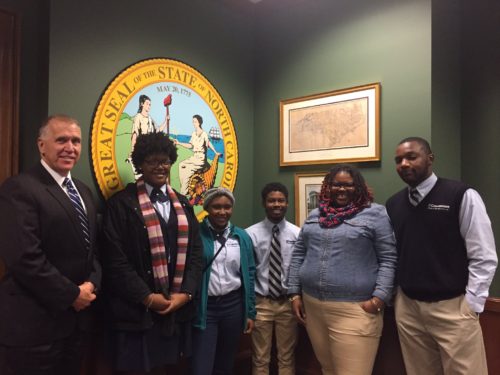



 Election 2016 brought about promising opportunities for changes in state policy. Voters cast their votes so that 2017 will see
Election 2016 brought about promising opportunities for changes in state policy. Voters cast their votes so that 2017 will see 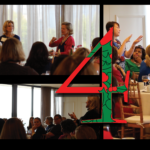
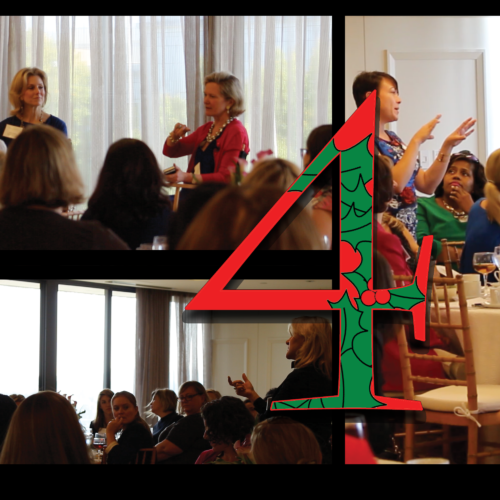 “Innovation is the key lever for change.”
“Innovation is the key lever for change.”
 Move over, Menlo Park — there’s another tech boom coming, and not necessarily where you’d expect it. This boom is being driven by the edtech sector, and it has found its new home in New York City!
Move over, Menlo Park — there’s another tech boom coming, and not necessarily where you’d expect it. This boom is being driven by the edtech sector, and it has found its new home in New York City!
 by Ted Rebarber*
by Ted Rebarber*

 That is, until your crazy Aunt Sally launches into a political discussion.
That is, until your crazy Aunt Sally launches into a political discussion.



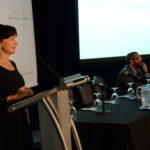


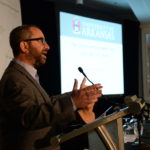

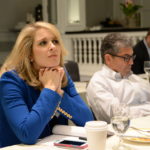
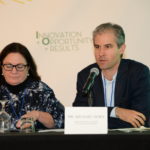


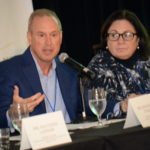
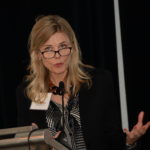
On the 8th Day of Christmas CER Gave to Me…
Charter Schools Leading!
(7th) Opportunity Scholars Expanding
(6th) Parent Power Growing
(5th) State Policy Changing
(4th) Reformie Ladies Lunching
(3rd) A Global Hub for Technology
(2nd) Model Legislation
And a Nominee for Opportunity!
The 8th in our 12-ish days of Christmas series, intended to bring gifts to education reformers everywhere!
Charter schools were started as a bipartisan effort to give schools more freedom and flexibility to meet results currently not being attained by district schools. As Ember Reichgott Junge, former Minnesota state senator and author of the first charter school bill in the nation, explains, “Chartering trades regulation for results, bureaucracy for accountability.”
Today, there are more than 6,700 charters enrolling nearly three million children in 43 states and Washington DC, leading the way in outcomes for children. There are arts-based charter schools, online charter schools, charter schools focused on STEAM and STEM curriculums, charter schools focused on the classics, and much more.
The beauty of charter schools is that there is no “one-size-fits-all” model, and parents and children are free to determine if a school is a good fit – a sharp contrast to the district model.
As a student from Natomas Charter School – the winner in our Back Off My Charter video contest – told HBO comedian John Oliver, “The world realizes that education is an archaic model that needs updating – that’s why we have charter schools. We experiment, challenge and create – we pioneer change in hopes that other traditional schools will follow suit.”